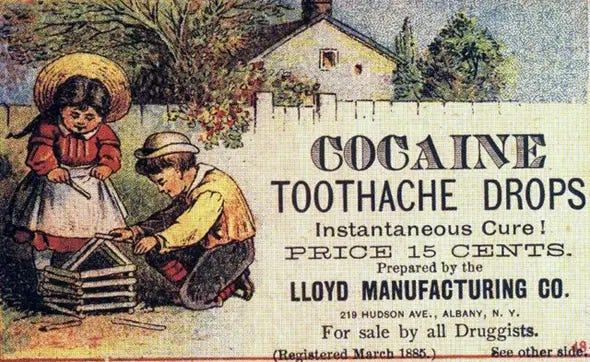What keeps us hooked into a toxic paradigm?
On sugar addiction, and also news of my first Q&A Substack session
I wrote a little about the perils of sugar in my Halloween post – but turns out, I’m not quite through with this particular topic. My dear friend and fellow steering committee member Christof Plothe gave a powerful presentation on sugar at Monday’s General Assembly meeting. If you missed it, you can watch it here:
(And if there’s a little voice inside saying ‘don’t watch it’, it’s worth asking whether that’s the sugar talking)
Did you know that sugar is eight times more addictive than cocaine? And yet, regulators are silent about its toxicity to the body. I’m not talking about the sugar naturally found in things like fruit. I mean the processed sugar that’s hiding in an astonishing large number of packaged foods, from ketchup to crisps.
Sugar is a socially acceptable addictive substance. It’s the one that no one will criticise you for – in fact, you are actively encouraged to ‘treat yourself’ with cookies and cakes, sweets and chocolate. We even placate fretful children or reward well-behaved ones by giving them sweets. Imagine if we did that with cocaine? There would be uproar. This just shows how programmed we are in our responses to things. Cocaine bad, sugar good.
I do believe we should be shocked by the endless attempts of food companies to push sugar-laced products onto the population. Perhaps in the future, people will look back on advertising campaigns of today with the same horror we have for those of yesteryear:
In the meantime, it’s up to us as to how we handle sugar addiction. However, when it’s so ubiquitous, so positively encouraged, the prospect of breaking the pattern can feel daunting.
Here’s where we I think we could all do with a little inspiration. This Sunday, I interview a remarkable woman who went from being a serious chocoholic – we’re talking up to ten chocolate bars a day – to being completely sugar free.
Monique McPherson is a hypnotherapist and mother of three boys, two of them with autism. She tells her story of beating sugar addiction and has some practical tips for us all on how to do the same. Her advice is gentle and compassionate – we don’t have to go cold turkey – and her radiant smile and joyful presence is testimony to the life-affirming benefits of going sugar-free. She also explains how she’s managed to get her sons sugar-free too, and the positive impact this has had on them.
So, two important presentations for you this week: the first from Christof that goes deep into the science behind sugar addiction, and then Monique this Sunday who walks us through the journey towards becoming sugar free.
I do feel there’s a hidden benefit to beating sugar addiction: that of extricating ourselves yet more from the dysfunctional system that seeks to keep us sick and tired. A life without sugar is a life of far fewer packaged and processed foods, more home cooking, and a deepening relationship with the earth. So, this is about more than just being healthier, there’s a spiritual dimension to it that can ultimately set us free.
Coming up for paid subscribers – join me live for a Substack Q&A!
So far, everything on this Substack has been freely available to all – but I’d really like to offer something in gratitude to paid subscribers. So, how about a live question and answer session with me on Friday, November 25th at 7pm London time?
Please do submit a question you’d like me to answer by emailing me via this Substack. I will also answer questions live in the chat on the day. The session will last an hour. I hope you can join me!






Tess you caught me in the middle of a box of cookies that a patient gave me recently. Guess what? You made me put it down and I'm feeling much better reading with my cup of black coffee.
My personal experience is that, while sugar is very addictive, the cravings (once you've decided to quit) don't last long at all. About three days, actually. After that, you will still have the 'urge' to snack on sugar, but common sense more easily dominates. Three days is all it takes to get past the cravings. And, it's well worth it! In fact, my own health has improved dramatically since I've cut my carbohydrates to a minimum.